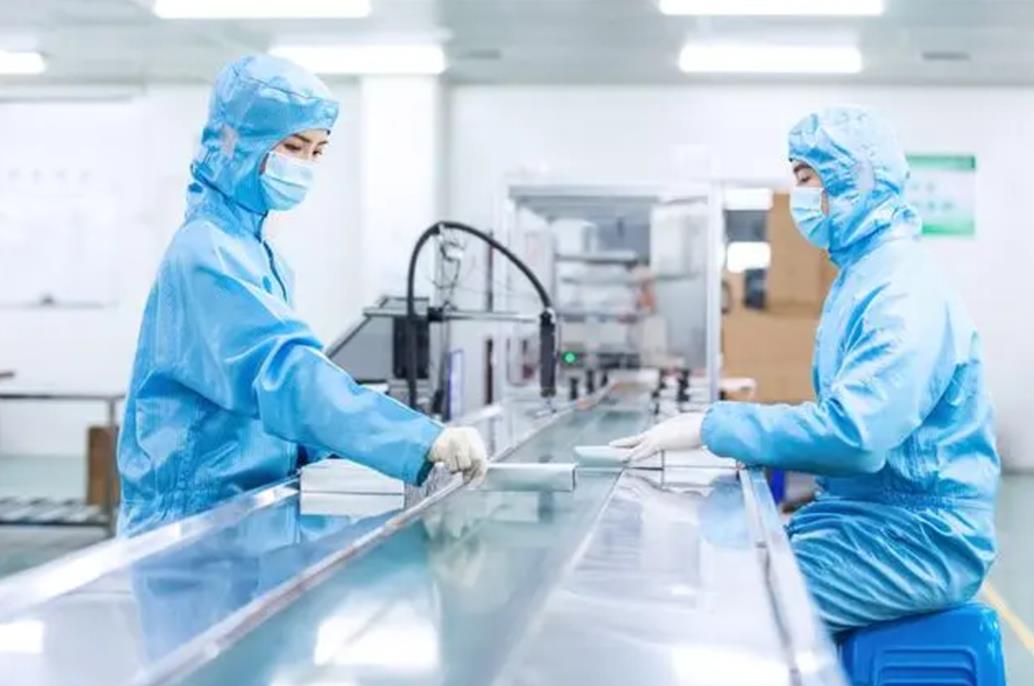 In dust-free workshops, high-efficiency air filters are used to maintain clean and safe air quality. Here are some common types of air filters used in dust-free workshops:
In dust-free workshops, high-efficiency air filters are used to maintain clean and safe air quality. Here are some common types of air filters used in dust-free workshops:
High-Efficiency Particulate Air (HEPA) Filters: HEPA filters are widely used in dust-free workshops as they can remove up to 99.97% of particles that are 0.3 microns or larger in size. These filters are capable of capturing dust, pollen, mold spores, bacteria, and other airborne contaminants.
Ultra-Low Particulate Air (ULPA) Filters: ULPA filters are similar to HEPA filters but provide a higher level of filtration. ULPA filters can remove up to 99.9995% of particles that are 0.12 microns or larger. These filters are commonly used in industries where extremely clean air is required, such as semiconductor manufacturing and pharmaceutical facilities.
Activated Carbon Filters: Activated carbon filters are effective in removing odors, gases, and volatile organic compounds (VOCs) from the air. These filters consist of activated carbon granules that adsorb and trap chemical pollutants. They are commonly used alongside HEPA or ULPA filters to provide comprehensive air purification.
Electrostatic Precipitators: Electrostatic precipitators use an electrostatic charge to trap particles from the air. These filters generate an ionized electric field that attracts and captures dust particles. Electrostatic precipitators are highly efficient and require regular cleaning to maintain their effectiveness.
Bag Filters: Bag filters are large fabric bags that capture and retain dust particles. These filters are commonly used in HVAC (heating, ventilation, and air conditioning) systems to remove larger particles before the air enters the workshop space. Bag filters are economical and can be replaced or cleaned as needed.
It is important to choose air filters that are appropriate for the specific requirements of the workshop and follow proper maintenance and replacement schedules to ensure optimal performance and air quality.
Post time: Jul-25-2023

